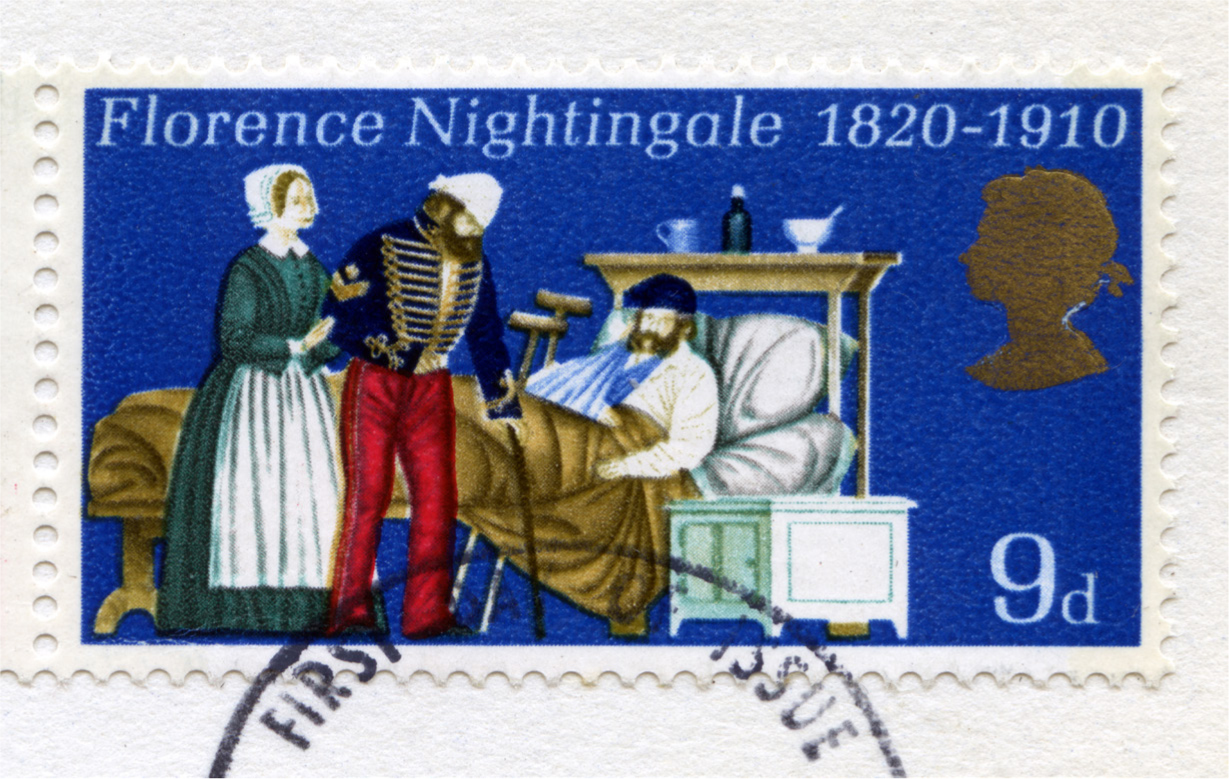Nursing and midwifery will be in the spotlight throughout this year, as 2020 has been declared the international year of the nurse and midwife by the World Health Organization (WHO), and Nightingale bicentenary celebrations are also taking place globally. Last year, we saw a centenary of UK nursing regulation, as the Nurses Registration Act was passed on 23 December 1919. Seen as the UK's most trusted profession, nursing impacts on the lives of people and communities everywhere, as nurses play a variety of roles in a number of profound ways. The Nursing and Midwifery Council (NMC) (the professional regulator in the UK) constantly reviews professional standards, ensuring that those on the professional register provide contemporary, evidence-based care that contributes to positive outcomes for patients and those who use nursing services. The specialist community public health nursing (SCPHN) part of the register is for those registered nurses and midwives who are working in public health roles and have completed SCPHN courses approved by the NMC.

The first ever international year of the nurse and midwife provides a ‘once in a generation opportunity’ to showcase these professions and raise the profile of nurses and midwives globally. The dedication of 2020 to the cause was approved by leaders at the World Health Assembly (WHA). Both professions are invaluable to the health of people everywhere, as without nurses and midwives, it will not be possible to achieve sustainable development goals or universal health coverage. The WHO recognises the crucial role of nurses and midwives on a daily basis. While 2020 will be dedicated to highlighting the enormous contributions that these health professionals make, it is also important to ensure that the shortage of these two professions across the globe is addressed.
In 2020, we celebrate 200 years since Florence Nightingale's birth. Nightingale—a leader, icon and pioneer—was born in 1820 and died in 1910, aged 90 years. She is seen as the philosophical founder of modern nursing as well as a healthcare pioneer, a competent and respected researcher, statistician, and analyst; an innovator, an entrepreneur and a leader. Throughout 2020, there will be celebrations of the legacy she left. Although Williams (2008) suggested that much of Nightingale's reputation is based on the myths created by the popular press at the time of the Crimean War, Nightingale undoubtedly inspired and continues to inspire nurses globally. Additionally, her work has informed mathematicians, architects, public health workers and activists.
Nightingale respected patients regardless of their social class, disability, hygiene or occupation, and she insisted that a real nurse would abandon any class differences. The sick and infirm, she noted, require special constructive arrangements. They are not paupers; they are poor in affliction. Society owes them every care for recovery (Nightingale, as cited by Nelson and Rafferty, 2010). Nightingale's influence on nursing continues. She personified many of the important ideas that are key to nursing today—values, vision and voice—which are, in many ways, precursors to the 6Cs (care, compassion, competence, communication, courage and commitment) (Department of Heath and Social Care, 2012). Nightingale's legacy of philosophical fundamentals still pervades within the profession today, informing contemporary nursing.
The influence that Nightingale had went beyond the care of the individual. She also had great interest in the communal good, with an emphasis on both the individual and the collective. In 1894, she said that the health of the unity was the health of the community, without which there could be no community health. She understood over 150 years ago how the determinants of health can impact on people and communities and how life events can limit and be an impediment to good health and wellbeing. Changes to public policy were just as important to Nightingale as they are today to community nurses up and down the country, as they too work to effect changes in the quality of life of the poor and needy.
The history of community nursing has not been written. It is still being shaped today and will continue be in the making as the role and function of the community nurse respond dynamically and effectively to the needs of the people it has the privilege to serve, and these needs are continually changing.
As a passionate statistician, Nightingale conducted extensive research and analysis in institutions and community settings. She published over 200 reports and pamphlets on a wide range of issues, including hygiene, hospital administration and design, midwifery and healthcare for the poor, and was concerned with the most basic needs of human beings and all aspects of the environment, locally and globally.
Nightingale was a nurse, educator, administrator, communicator, statistician and environmental activist. These attributes can be clearly identified in the NMC Standards of Proficiency for Registered Nurses (NMC, 2018) and are also the characteristics of contemporary community nurses. Nightingale was ahead of her time; she wrote in the 1880s that it would take 100–150 years before educated and experienced nurses would arrive to change the healthcare system. Today's nurses are a generation of 21st-century Nightingales and health representatives. We have to envisage our role beyond nursing and see ourselves as health broadcasters and social media communicators, transforming health and social care with others, and carrying forward Nightingale's vision of social action so as to create a healthier world.
It could be suggested that a profession's fascination with a role model who died over 100 years ago will hold back its progress, but I could not disagree more with this. Nightingale's words and her work remain relevant even today and continue to inform contemporary nursing. As we celebrate Nightingale's bicentenary and the international year of the nurse and midwife, we must acknowledge the outstanding contribution made by every contemporary nurse and midwife locally, nationally and internationally.

